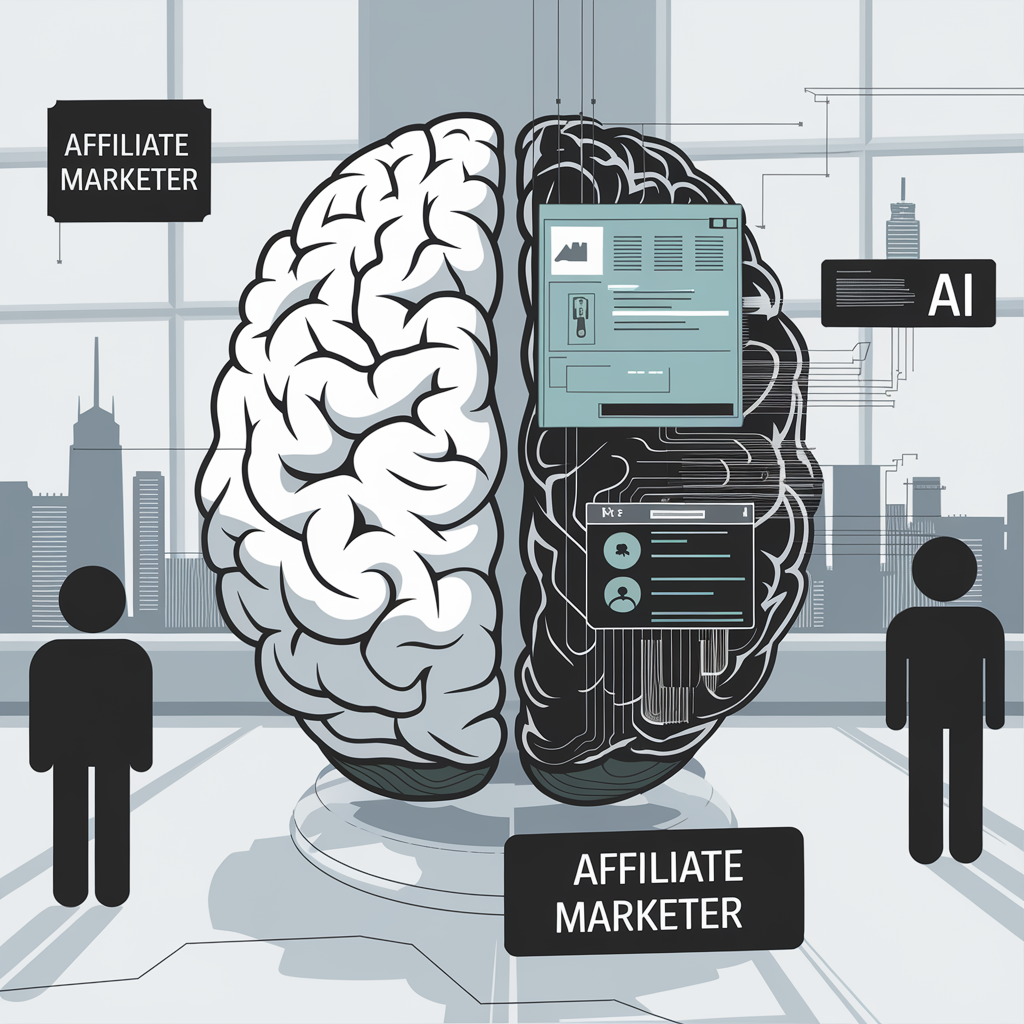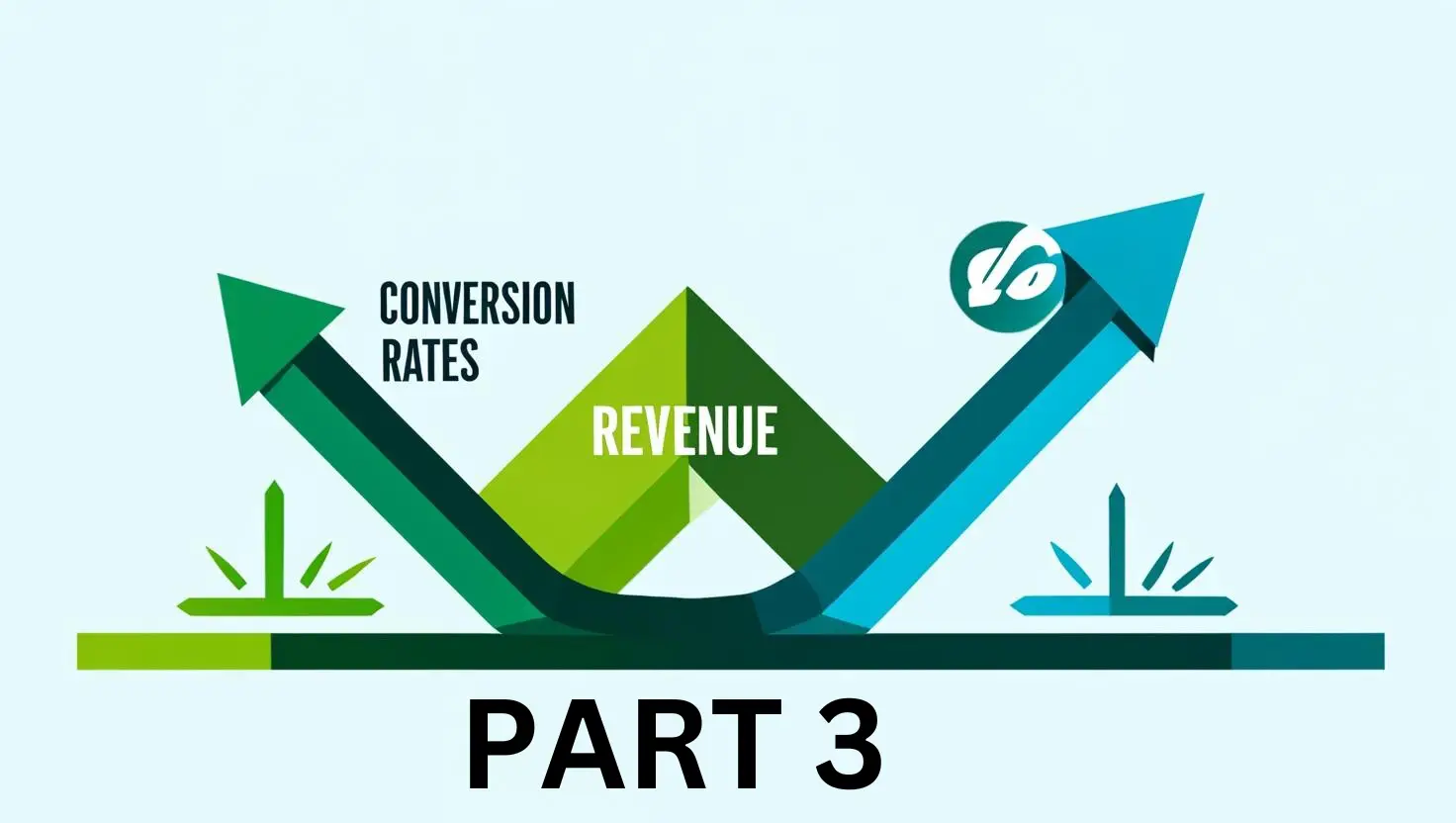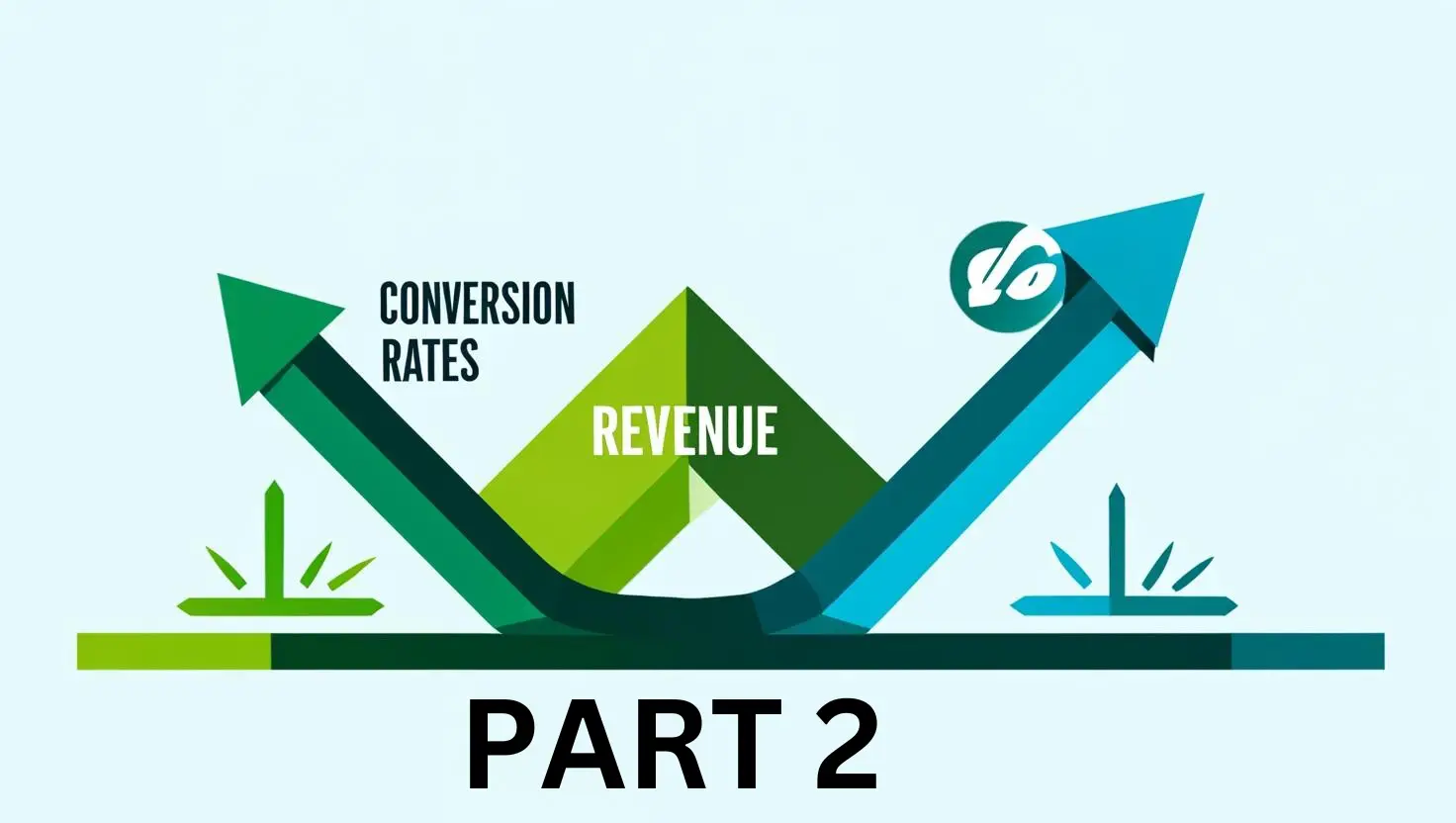Affiliate marketing has become one of the most effective digital marketing strategies. As the landscape grows more competitive and complex, incorporating Artificial Intelligence (AI) into affiliate marketing programs has emerged as a game-changing approach.
AI offers new opportunities to streamline operations, enhance performance, and drive better results. Yet, despite its potential, there are also challenges that need to be addressed for successful AI implementation.
The Benefits
Personalized User Experiences
AI-powered algorithms excel at analyzing vast amounts of customer data, such as browsing habits, purchase history, and preferences. Using this data, AI can deliver highly personalized content and product recommendations, creating a more engaging user experience. Personalized offers increase the likelihood of conversions, making your affiliate marketing program more effective.
Optimized Affiliate Performance
AI can analyze affiliate data in real time, helping marketers track performance metrics like traffic, conversions, and engagement. This allows for more informed decisions about which affiliates to invest in (rewarding top performers), which to pause, and which strategies are working best.
Enhanced Fraud Detection
Fraudulent activities, such as click fraud and fake conversions, are significant concerns in affiliate marketing. AI can identify patterns and anomalies in large datasets, detecting fraudulent behavior (like spikes in conversions) that could otherwise go unnoticed.
Automated Campaign Management
AI can automate various tasks within affiliate marketing, such as content creation, ad placement, and bidding strategies. This reduces the manual effort involved in managing multiple campaigns, making the process more efficient and resulting in better ROI.
Improved Data-Driven Decision Making
AI excels at analyzing complex datasets quickly and efficiently. It can identify trends, generate reports, and offer actionable insights that help affiliate managers make better, data-driven decisions.
Real-Time Personalization and Engagement
With AI, marketers can use real-time data to personalize interactions at scale. Whether it’s delivering a specific offer to a user who just clicked an affiliate link or changing the messaging based on past behavior, AI can create more meaningful touchpoints throughout the customer journey.
The Challenges
Data Privacy Concerns
AI relies on vast amounts of personal data to deliver its benefits. However, with data privacy regulations like GDPR and CCPA, companies must be careful in how they collect, store, and use consumer data. Mismanagement of personal information can lead to legal challenges and a loss of customer trust.
Complexity in Integration
Integrating AI tools into an existing affiliate marketing program can be challenging, especially for companies that lack technical expertise. AI requires the proper infrastructure, such as data collection, storage systems, and APIs, to function effectively.
Bias in Algorithms
AI systems can unintentionally perpetuate biases if they are trained on incomplete or biased datasets. This can lead to unfair treatment of certain affiliates or target audiences, negatively affecting campaign performance and equity. Regular audits of AI algorithms are necessary to detect and correct any potential biases.
Cost of Implementation
AI tools and solutions often come with a high price tag, making them inaccessible for smaller affiliate programs or businesses. Although, over time costs are expected to decrease. Additionally, the cost of hiring skilled personnel to manage AI systems can also be prohibitive.
Dependence on High-Quality Data
AI’s performance is highly dependent on the quality and quantity of data it can access. Inaccurate or incomplete data can lead to poor insights and suboptimal decision-making, which can hurt the effectiveness of affiliate marketing campaigns.
Over-Reliance on Automation
While AI automation is a significant advantage, it can also lead to over-reliance. Blindly trusting AI-driven systems without human oversight may result in errors or missed opportunities, especially in nuanced areas like customer engagement or content personalization. AI should complement human expertise rather than replace it. Regular review and intervention by skilled marketers ensure that AI tools are working as intended and contributing to the broader strategic goals of the affiliate program.
For businesses to fully harness the power of AI in affiliate marketing, they must approach its adoption strategically, ensuring they have the right infrastructure, skills, and data governance in place. When implemented effectively, AI can elevate affiliate marketing programs, driving increased efficiency, profitability, and long-term success.


